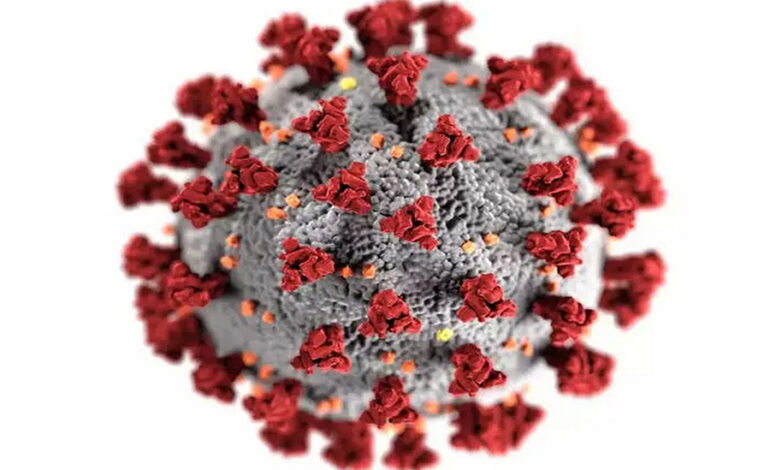WHO Warning: Indian Cough Syrups Caution in Uzbekistan

The World Health Organization (WHO) recently issued a warning regarding the use of two Indian cough syrups for children in Uzbekistan. These products, manufactured by Marion Biotech, have been associated with deaths in the country, prompting concerns about their safety and quality.
Substandard Products
According to the BBC, the WHO classified the cough syrups – Ambronol and Dok-1 Max – as “substandard.” Marion Biotech failed to provide adequate assurances regarding the safety of these products, leading to the WHO’s alert.
Uzbekistan’s Response
Uzbekistan reported that 18 children died after consuming a syrup produced by Marion Biotech. This prompted immediate action, with India’s Health Ministry suspending the company’s production. Additionally, the food safety department in Uttar Pradesh, where Marion Biotech is located, suspended the company’s production license.
Hazardous Contaminants
An analysis conducted by Uzbekistan’s Health Ministry discovered unacceptable levels of contaminants – “diethylene glycol and/or ethylene glycol” – in the cough syrups. Both substances are toxic to humans and can be fatal if ingested. The WHO emphasized the dangers of these contaminants, especially in children, urging caution and discontinuation of use.
Global Impact
The WHO highlighted the potential spread of these substandard products to other countries in the region through informal markets. It warned that the use of these cough syrups could lead to serious injuries or fatalities, underscoring the need for heightened vigilance and regulatory measures.
India’s Pharmaceutical Industry
India, often referred to as the “world’s pharmacy,” plays a significant role in global pharmaceutical production. It supplies a substantial portion of medicines worldwide, particularly meeting the healthcare needs of developing nations. However, instances like these emphasize the importance of stringent quality control and regulatory oversight to ensure the safety and efficacy of medical products.
As global health organizations and regulatory bodies continue to monitor and address such issues, collaboration and adherence to international standards remain crucial in safeguarding public health and well-being.









